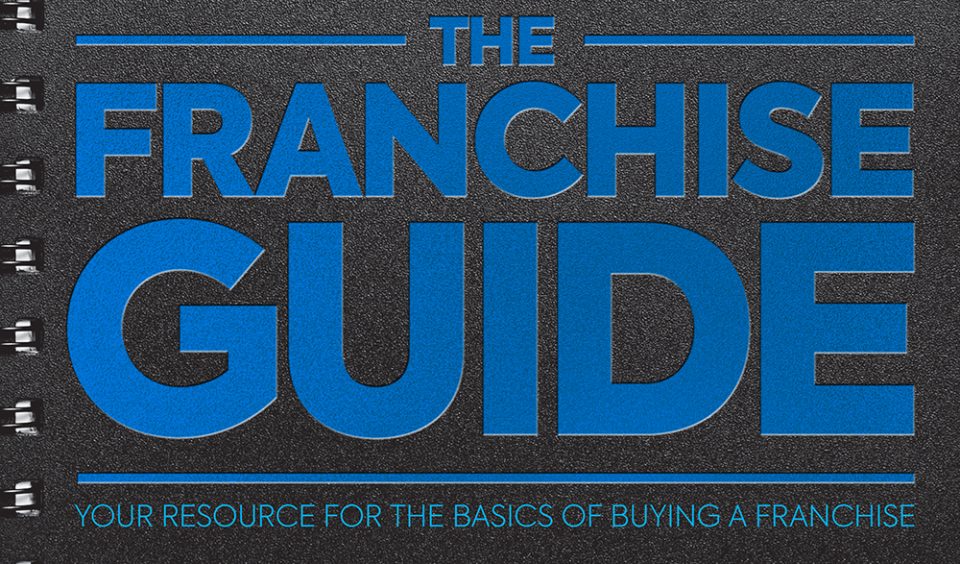As the old saying goes: “you have to spend money to make money.” With an estimated 1,300 franchise brands operating in Canada generating approximately $68 billion in revenue every year, purchasing a franchise could be a lucrative investment. However, it does require a significant upfront financial investment often including franchise fees, pre-opening expenses, and pre-paid expenses that normally can’t be financed by banks. For those who feel they may lack the financial assets to invest in a franchise, lack of capital, nominal net worth, and other financial limitations can make the idea of investing in a franchise overwhelming and seem out of reach.
But that doesn’t mean it’s the end of the road.
If you’ve found the right franchise fit, performed your due diligence, and are confident that the franchise model can help you fulfill your business goals, there are numerous options you can explore to help finance a franchise.
At the Franchise Canada Show in Toronto this past February, Andrew Carter, Regional Market Leader franchise finance with BMO Bank of Montreal, shared his insight into franchise financing.
Here are the key learnings from his “Finance Your Franchise” presentation:
Personal savings
Probably the easiest and most cost-effective way to fund your franchise is through personal savings. The advantages here are that you’ll know exactly how much money you have to put towards your franchise, you won’t have to pay back any interest on a loan, and you’ll retain complete control. Just be sure you have a substantial reserve of cash set aside to minimize the risks of personal bankruptcy or debt.
Borrowing from friends and family
You can always turn to family members and friends for funding. The benefit of this option is that you can agree on a payment plan with family and friends. This is often a more flexible option, as sometimes you can adjust the plan if your financial situation changes. However, it would be prudent to ensure everything is in writing to avoid disagreements in the future.
Government programs
The Canada Small Business Financing program provides loans for new and existing businesses by partnering with financial institutions and sharing in the risk. The loans can be up to $1 million for real estate and/or up to 100 per cent financing of up to $350,000 for leaseholds and equipment (including a 2 per cent registration fee of the total loan amount) at a maximum interest rate of Prime + 3 per cent.
When it’s time to consider a bank loan
In many cases, the above options are not always possible. That is when many potential franchise-owners turn to banks, which are often the primary source of financing for many aspects of purchasing a franchise, including equipment and signage, leasehold improvements, vehicles, real estate, and accounts receivable. With approximately one out of every 14 working Canadians being directly or indirectly employed by the franchise industry, banks recognize that franchising is a significant contributor to the economy. Franchising provides a great opportunity for Canadians to build a business in a sector that has shown proven growth, which is why banks are often very receptive to providing financing. When applying for a loan with a bank to finance a franchise, it’s prudent to provide the information bankers really need to secure the loan:
- A one-page summary of what it is you plan to do
- Your detailed business plan and business projections (three years)
- A cash-flow forecast (at least 12 months)
- Personal financial statement and copy of your Credit Bureau report
- Details of capital costs and expenditures
- Details of your equity contribution
Why bankers sometimes say “no”
The Canadian franchising industry is incredibly competitive, especially in the food service sector. As such, new franchisees entering this very competitive marketplace often find it a challenge to obtain financing from a bank. In most cases, banks will decline a loan when a franchise concept is new to Canada or the franchise network itself is small and not well known. In the majority of these situations and notwithstanding the fact that the financing request pertains to a particular franchise business, banks will rely primarily on the financial status and credit history of the franchisee (the owner) when assessing their financing request. Other reasons a bank loan for a franchise might be denied include:
- Unproven or undesirable industry
- Lack of equity in the deal
- No fallback position
- Questionable personal credit history
- Unsatisfactory past business performance
The bottom line: how receptive a bank is to financing the opening of a new, emerging, or established franchise location depends heavily on the quality of information presented to them. Prospective franchisees must work closely with a franchisor to ensure that banks are being provided with all relevant material pertaining to and in support of your business format. It also helps to have the franchise take a proactive role to aid in building a relationship with a banker who, understanding franchising, can be relied on for both future and present needs, and can reach a decision quickly.
Andrew Carter
Regional Market Leader Franchise Finance
Bank of Montreal (BMO)
AndrewM.Carter@bmo.com

